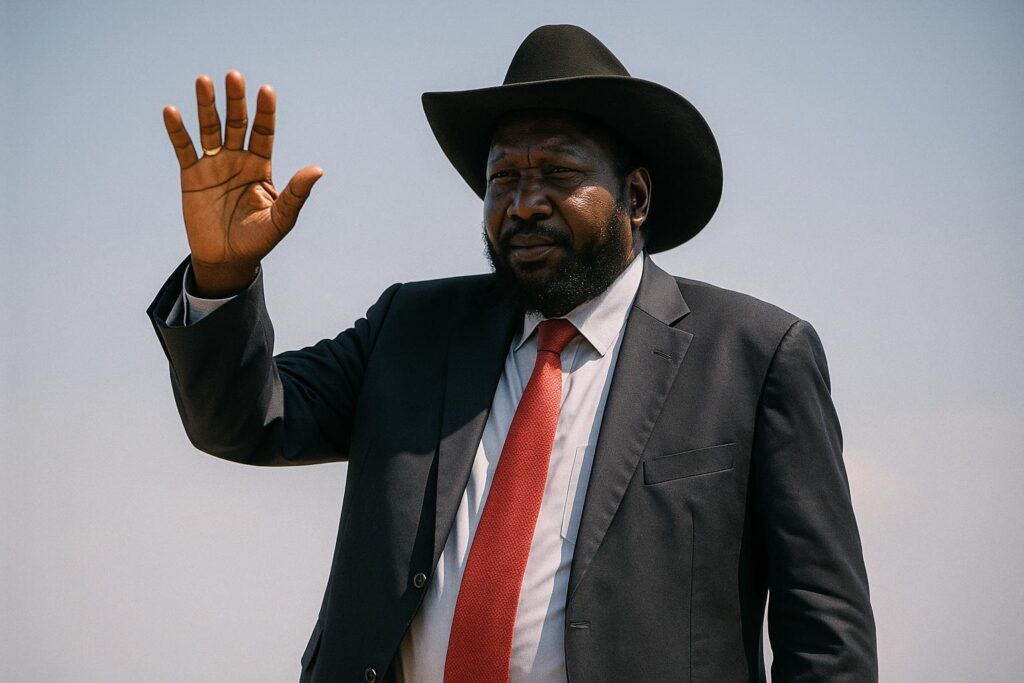South Sudan’s Economic Pressure Cooker
Soaring prices and a volatile currency have magnified hardship across South Sudan. President Salva Kiir has acknowledged the strain and tasked economic teams with finding credible answers, signalling high-level recognition that current policies fall short of public expectations.
Why Previous Fixes Fell Short
Successive finance ministers announced recovery plans, yet implementation lagged. Observers cite weak institutions, limited oversight and a lingering conflict economy that rewards patronage over productivity. Without structural change, technical policies alone cannot reverse the slide, economists caution.
Rethinking Reform Models
Debate centres on two classic templates: rapid “shock therapy” and Deng-style gradualism. Critics warn that sudden liberalisation could overwhelm poor households, while slow change may entrench vested interests unless matched by rigorous governance checks.
Morality as a Starting Point
Analysts argue that markets thrive only on clean foundations. They recommend a sweeping anti-corruption drive inspired by Brazil’s ‘Car Wash’, targeting opaque contracts, oil consignments and procurement deals. Transparency, they contend, is the prerequisite to any sustainable recovery.
Blueprint for a Hybrid Approach
A proposed hybrid marries decisive audits with phased liberalisation of agriculture, energy and telecoms. Supporters say the sequence matters: cleanse state finances first, then open priority sectors to competition that fosters domestic enterprise and job creation.
Building an Enforcement Machine
Calls grow for a Special Tribunal on Grand Corruption and a National Anti-Corruption Taskforce protected by whistle-blower laws. Legal scholar Dr Sunday de John says, “Justice delayed under the guise of peace is betrayal.” Robust enforcement could deter future siphoning of public funds.
Leadership and Legacy
Observers note that President Kiir’s legacy could hinge on his willingness to distance himself from long-time allies implicated in graft. Successful purges would echo regional precedents where political will unlocked institutional reform and restored investor confidence.
Youth Expectations
Young South Sudanese, representing the majority of the population, demand tangible progress rather than rhetoric. They seek fair access to resources, employment opportunities and proof that national wealth benefits citizens rather than narrow networks.
Risks on the Path Ahead
Deep reform invites pushback from entrenched interests and could unsettle short-term stability. Economists stress the need for carefully sequenced measures, social cushions and inclusive dialogue to prevent reforms from triggering new unrest.
A Window for Renewal
If accountability gains traction and economic opening is calibrated to local realities, South Sudan could shift from survival mode to sustainable growth. The coming months will test whether political courage can transform a young nation’s promise into shared prosperity.


